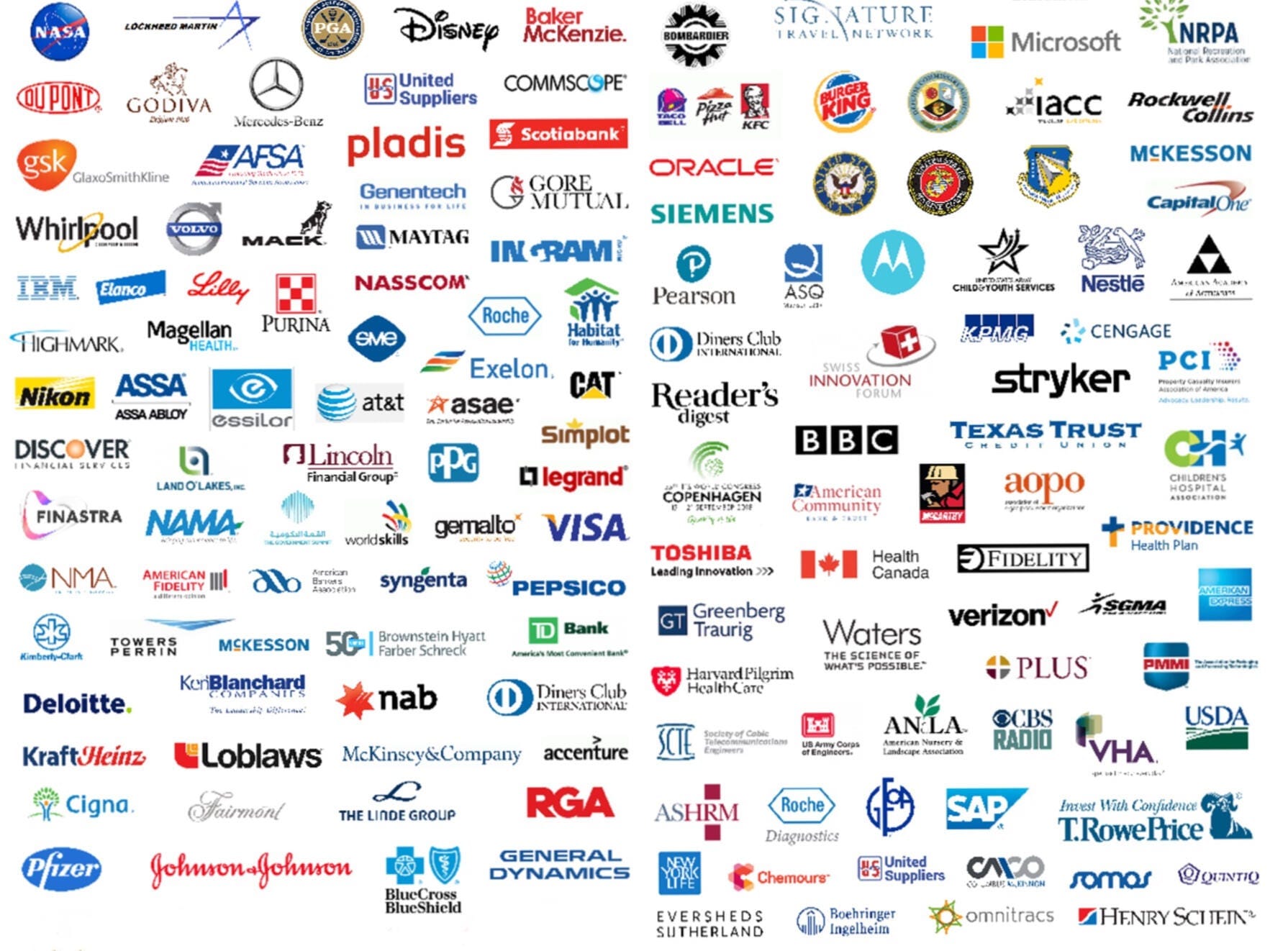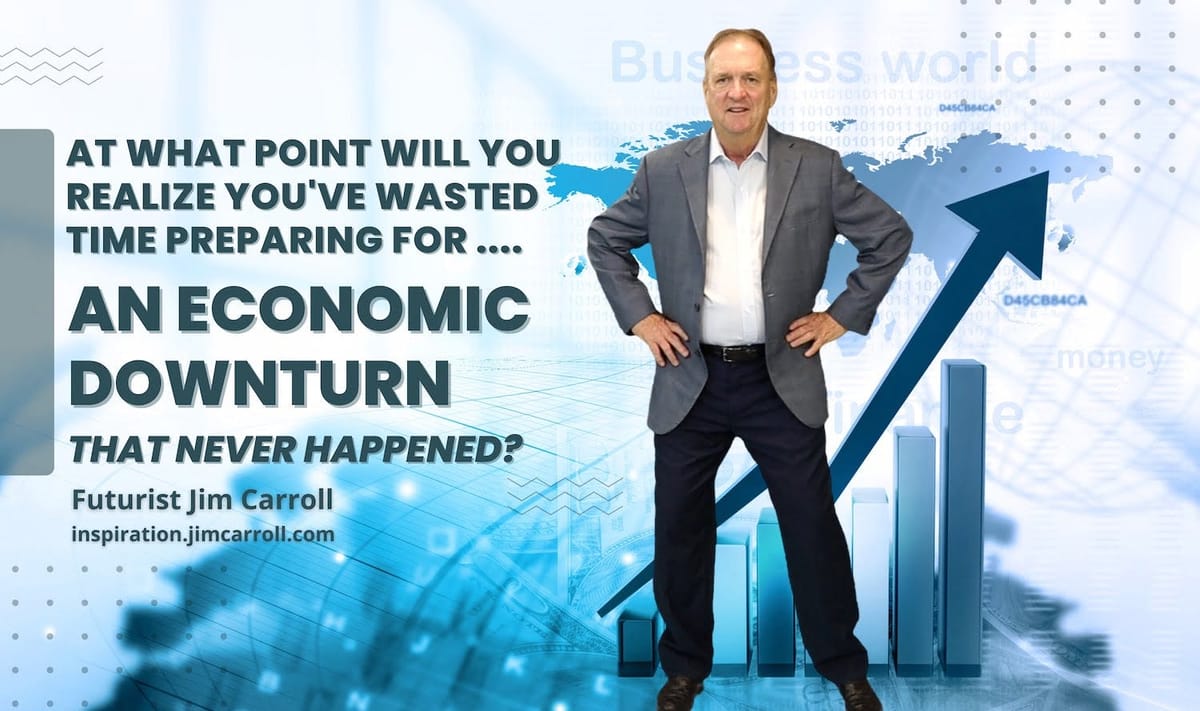Have you noticed that the media has now shifted from 'all-recession all the time' to 'oops-we-got-the-recession-prediction-wrong?'
Over on Yahoo News, there was a comment to that effect last March:
There’s a recession-industrial complex in America—a whole field of natterers regularly predicting economic turmoil. Every now and then, they’re right, like the proverbial broken clock. Most of the time they’re wrong. People listen to them anyway.
That's the key line - people listen anyways. And have you now noticed that people - and the financial media - are coming to realize that 2023 is the year that the recession never happened? And yet the damage has been done for organizations that don't understand how economic growth actually occurs, and where leadership teams have been pummelled into a mindset of inactive, feckless helplessness and inaction.
I certainly see it with what I do - it's a pretty weird economy. Every day, I get contacted by individuals excited about the potential to bring me in for a leadership talk focused on growth, opportunity, the future, and trends - TOMORROW! They are planning on taking their leadership team to a corporate offsite event to talk strategy, purpose, direction, and transformation - and need an in-depth keynote for the kickoff, something to inspire them and move forward into a faster future. Then, they run it up the flagpole, and word comes back that they don't have a budget for it. The organization is clamping down, deferring, scaling back, being cautious, and moving carefully.
In other words, they are trying to invest in the future, but don't want to spend any money to invest in the future. As they say, LOL.
I don't mind saying at all that I'm not at all inexpensive to bring in - unabashedly, it takes a pretty heavy investment for my insight, and my client list shows the vast range of organizations that have invested in that insight.

So what can we make of this? Right now, there are a whole bunch of organizations repeating the mistakes of history, missing out on significant economic growth because their leadership teams are slow, inactive, indecisive, and not growth-oriented. I made this comment in a blog post some months ago. It bears repeating:
History has taught us that those who win during periods of economic uncertainty are those who double down on strategies for growth, accelerate R&D, focus their sales efforts on top customers, and maintain or boost marketing while others cut back, and refocus on digital customer experience.
And also this:
Anyone can cut costs. Real leaders grow their revenue. Those are the CEOs who get it.
The opening observation in a keynote description I have on innovating despite uncertainty?
Conventional wisdom would suggest we’d better hunker down, scale back, slow down, take it easy, be cautious, reduce spending, defer our actions, wait it out, take things slow, and put things on pause. But history tells us that doesn't work - because those who choose to relentlessly focus on growth are those who win.
And the key point:
History teaches us everything we need to know right now. I'll remind you of the simple fact that those who chose NOT to participate in the downturn - by doubling down on growth - saw significant returns, locking in gains of 13% CAGR in the years after the downturn compared to the ‘losers’ stalling at 1%. If you missed the post, it's here - "Opting Out."
Finally:
Bottom line? It doesn't take a lot of leadership skill to 'slash and burn' - indeed, I believe it to be a sign of leadership weakness and failure.
It takes tremendous effort and is a powerful leadership skill, to grow through uncertainty. That's real leadership success.
Which leader are you?
Futurist Jim Carroll has never quite understood the mindset of mindless cost-cutting. He suspects it is a result of the origin of Visicalc in 1982, and accountants trying to prove they have some worth to society.

